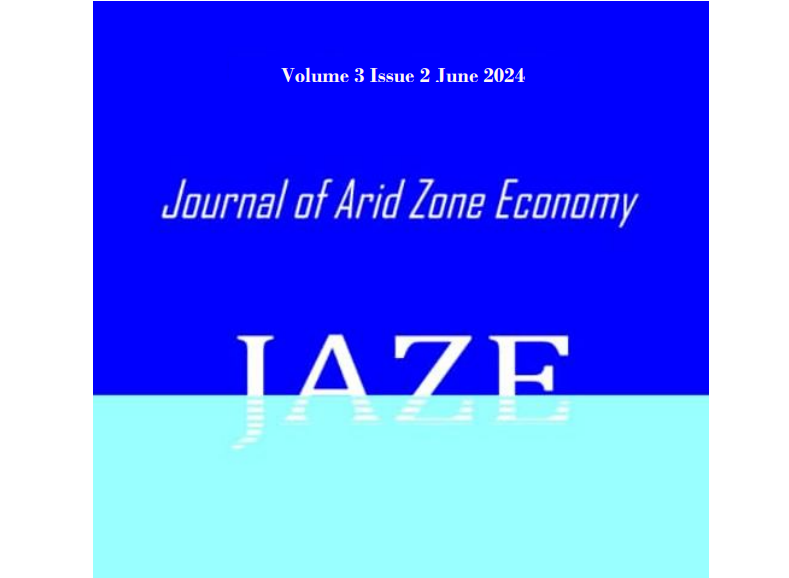Economic Analysis of Revenue and Expenditure of Delta State
Keywords:
Revenue, Expenditure, IGR, Capital, RecurrentAbstract
This study explores government revenue and expenditure from 2012 and 2022
fiscal years. Quarterly data was used from 2012Q1 to 2022Q1 which was
largely sourced from the Delta State fiscal strategy paper and the Delta State
audit report. The study applied trend analysis, Pearson correlation, and
Pairwise Granger causality. Finding shows that there is a correlation
between the main components of revenue (Internally Generated Revenue and
Federal Allocation Account Committee) and aggregate revenue. Also, there
is a correlation between the main component of expenditure (CAPEX and
recurrent) and the aggregate expenditure. Through a comprehensive trend
analysis spanning the fiscal years of 2012 to 2022, it becomes evident that
Delta State's deficit budget consistently exceeds its revenue. However, an
exceptional occurrence transpired in the fiscal year of 2021, wherein revenue
momentarily exceeded expenditure. This study therefore recommends that
decision or policy makers should implement fiscal alignment policies to
prevent recurring deficits by synchronizing revenue and expenditure and
potentially serving as a valuable reference point for similar studies in other
regions or time periods.

Downloads
Published
Issue
Section
License
Copyright (c) 2024 Journal of Arid Zone Economy

This work is licensed under a Creative Commons Attribution 4.0 International License.

